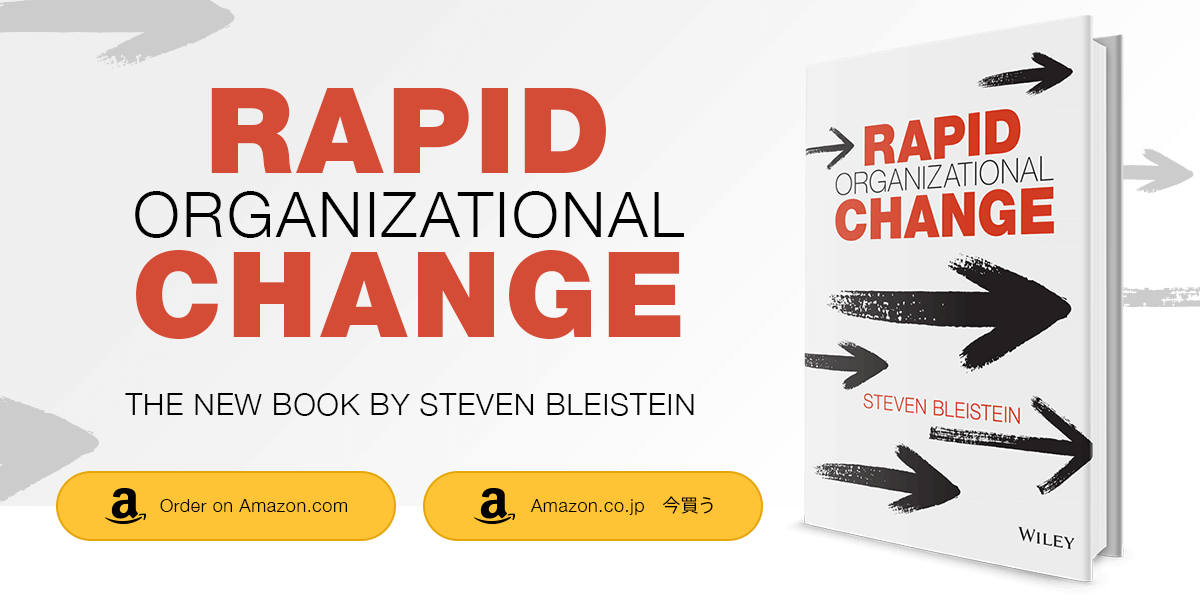[:en]
Illicit and unethical behavior should never be tolerated, even if the impact is small. For example, if a manager is padding company expenses for personal gain, you really have no choice but to fire the manager, even if it is for less than a few hundred dollars per year. That can be a hard decision to make when the manager’s performance is high, such as a top salesperson, but it is the right decision.
It is a matter of judgement and leadership of the manager rather than a cost-benefit analysis of the infraction.
While one infraction may have been discovered, you have to wonder how many others are simply invisible. At the same time, if one manager’s illicit behavior is tolerated, what message does that convey to others in the business? How many others will choose to imitate this manager? Will others who perform properly feel they are disadvantaged in a company where illicit behavior is tolerated, or even rewarded? How many good managers will simply choose to leave?
Illicit and unethical behavior if tolerated tends to spread. Click To Tweet
An industrial engineering company I know may have suffered this fate in the extreme. Safety infractions of their frontline staff are common. Accidents are frequent. Fatalities have occurred. Investigation revealed that managers tolerated if not encouraged skirting of safety protocols to boost business results. It had been going on for years, to the point where those in mid-level and senior-level management had been complicit, and had never known any other way during decades-long tenure with the company.
I suspect that years ago, skirting safety protocols to boost results started as an isolated infraction, and was tolerated. Others saw that the good business results were rewarded. Soon, the same business results became expected. The pressure to follow suit must have been intense.
Now a recognized problem, leadership is taking action. However, it is not clear to me that the company is salvageable. The senior executive in charge of safety reform had also been complicit as a manager of frontline staff. How much credibility do you think that manager will have in leading reform?
I define character as the ability to stick to one’s principles when it is neither convenient nor immediately beneficial to do so.
If a person cannot do that for something minor, what happens when something really consequential is at stake?
 [:ja]違法あるいは非道徳的な行為はどんな場合でも許されるべきではありません。その影響が大してない時であってもです。例えばマネージャーが経費を水増し請求して余分を自分の懐に入れようとしていたのが発覚すれば、その金額がどんなに小さいものであっても解雇するのが当然です。それが業績の高いマネージャー(売り上げトップなど)であればそのような決断をするのは難しいでしょうが、それは正しい決断なのです。
[:ja]違法あるいは非道徳的な行為はどんな場合でも許されるべきではありません。その影響が大してない時であってもです。例えばマネージャーが経費を水増し請求して余分を自分の懐に入れようとしていたのが発覚すれば、その金額がどんなに小さいものであっても解雇するのが当然です。それが業績の高いマネージャー(売り上げトップなど)であればそのような決断をするのは難しいでしょうが、それは正しい決断なのです。
間違ったことをしたことに対するコスト分析ではなく、そのマネージャーの判断力と指導力こそが大切なのですから。
違法行為がひとつだけでも見つかったら、その他にもまだ見つかっていないものがある可能性もある訳です。同時に、一人のマネージャーの違法行為を見逃してあげたりすれば、社の他の社員はそれをどのように解釈するか、という問題もあります。彼らの中にはこのマネージャーがやったことを模倣する人も出てくるかもしれません。いつも真面目に正しいことを行ってきた社員であれば、違法な行動が許されたり、それによって恩恵さえ得たりするのを目の当たりにして、不平等と感じるとは思いませんか。優れたマネージャーの中には、単に会社を去る人もいるでしょう。
違法や非道徳的な行動は、それを見逃すことで、さらに広まってしまう結果となることが多い。 Click To Tweet
私の知っているある生産工学を扱う企業では、実際、とても痛い経験をしました。現場スタッフが安全基準の違反を行うことは日常茶飯事。事故はしばしば起こり、ついには死亡事故まで起こってしまいました。調査をしたところ明らかになったのは、業績を上げるために、マネージャーたちが、安全手順にきっちり従わなくてもそれを大目に見ていたということでした。これは何年も続き、結果、中層・上層マネージャーたちも共謀しているような状態となり、この企業にいる間ずっと、それ以外のやり方がわからないといった様でした。
私の想像では、多分随分前に、誰かが業績を上げるために例外的に安全手順をごまかすという違反を行ったのが見逃されたことがあったのだと思います。周りはそのせいで業績が上がったことが認められたのを目の当たりにしました。間も無く同様な業績が期待されることとなり、それに応えなければならないというプレッシャーは相当のものだったことでしょう。
問題が明らかになったところで必要なのは、リーダーが行動を起こすことです。しかしながら、この会社が立ち直ることができるかどうかは疑問です。安全改革を任されたシニア・マネージャーは、かつて現場スタッフのマネージャーとして、上記の違反に加担していたからです。そのような人が改革の先陣をとるとしたら、信頼することができると思いますか。
人格とは都合とか目先の利益に関係なく、自分の信念を貫くことのできる能力だと私は考えます。
もし大したことでないと思われる場面でさえそれができない人が、重要な状況の中で適切な行動をとることが果たして可能でしょうか。


